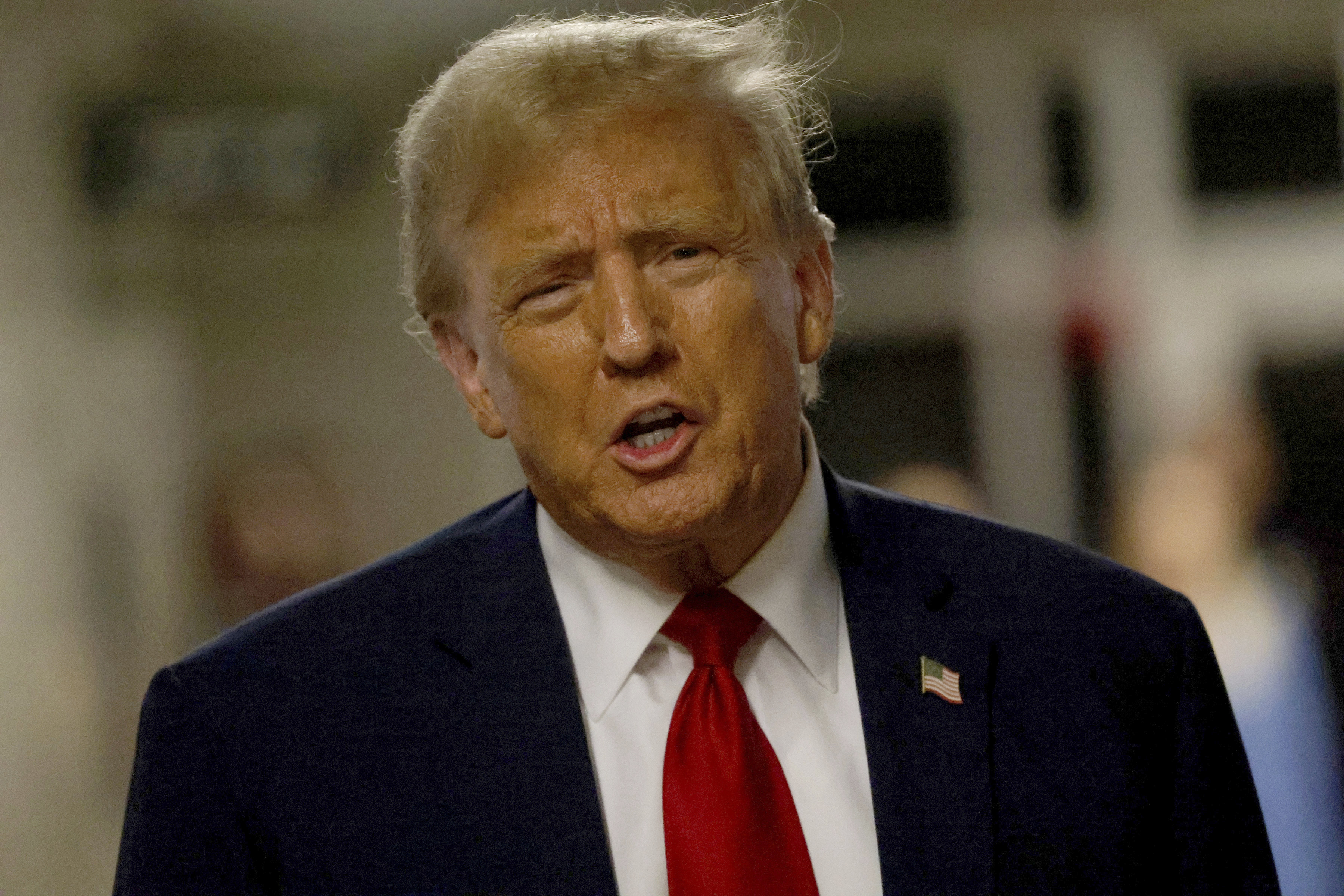What do Kinde Durkee, the Democratic campaign treasurer facing federal embezzlement charges, and the recently-shuttered Center for Governmental Studies have in common?
No, that’s not the opening line of a nasty riddle.
Both the Durkee scandal and CGS’s closure are object lessons in what happens when an already dysfunctional political system is made even more dysfunctional by the fall-out from sincere attempts at political reform.
Political money, particularly in these tough economic times, goes where political investors think the bang for each buck will be greatest—into simpatico campaigns and to politicians with real or potential power over contributors’ interests.
It’s a matter of allocating scarce resources. And think tanks like the non-partisan CGS pay scant political dividends.
Ironically, reform-oriented groups like CGS have--to some extent--helped pave the way for a Kinde Durkee.
California’s march toward tighter regulation of campaigns and their finances began in earnest in the wake of Watergate, with the passage of Proposition 9, the Political Reform Act of 1974.
U.S. & World
News from around the country and around the globe
Before then, candidates and campaigns generally relied on a two-tiered approach to financial accountability.
The day-to-day management usually was in the hands of an accountant, a book keeper or the campaign manager.
The campaign treasurer—the person whose signature graced the official filings—was often a trusted friend or political ally of the candidate. Many had no accounting or legal chops, but were able to oversee the process using common sense in scrutinizing the numbers.
That was before the plethora of reporting requirements and strictures turned political bookkeeping into an esoteric art form.
As campaign financing reforms became more demanding and arcane, responsibility for compliance began to shift from the mostly volunteer treasurers to small cadres of professionals with a command of the myriad campaign financing reforms and regulations.
Their services were at a premium. News reports indicate that, at the time of her arrest, Durkee controlled more than 400 bank accounts—including campaign committees and some non-profit groups--even though, according to the L.A. Times, “she had a history of fines and investigation into how she used the funds of elected officials.”
Gov. Brown, Prop. 9’s author and an early backer of campaign finance reform, has expressed his own evolving concerns about the state’s regulatory climate.
He told the recent Milken State of the State Conference that California’s regulatory mess is a "multi-headed monster."
He added that getting rid of excessive or out-moded regulations is “…like killing a vampire. You've gotta put a stake through its heart."
Does this mean that campaign financing regulations, like those CGS pushed and often succeeded in implementing, are futile--if not damaging? Not necessarily.
Without the sunlight focused on our political system by reformers, Durkee’s questionable actions might never have surfaced.
Here’s the biggest irony and the greatest sadness in CGS’s demise: In a world where media coverage of government and politics has shriveled, and newsgathering resources, like investigative reporting, have fallen victim to corporate belt-tightening, institutions and organizations like CGS become even more important in achieving some measure of transparency and accountability in California politics and government.
Somebody needs to be looking over the bean counter’s shoulders.
Let us know what you think. Comment below, send us your thoughts via Twitter @PropZero or add your comment to our Facebook page.



